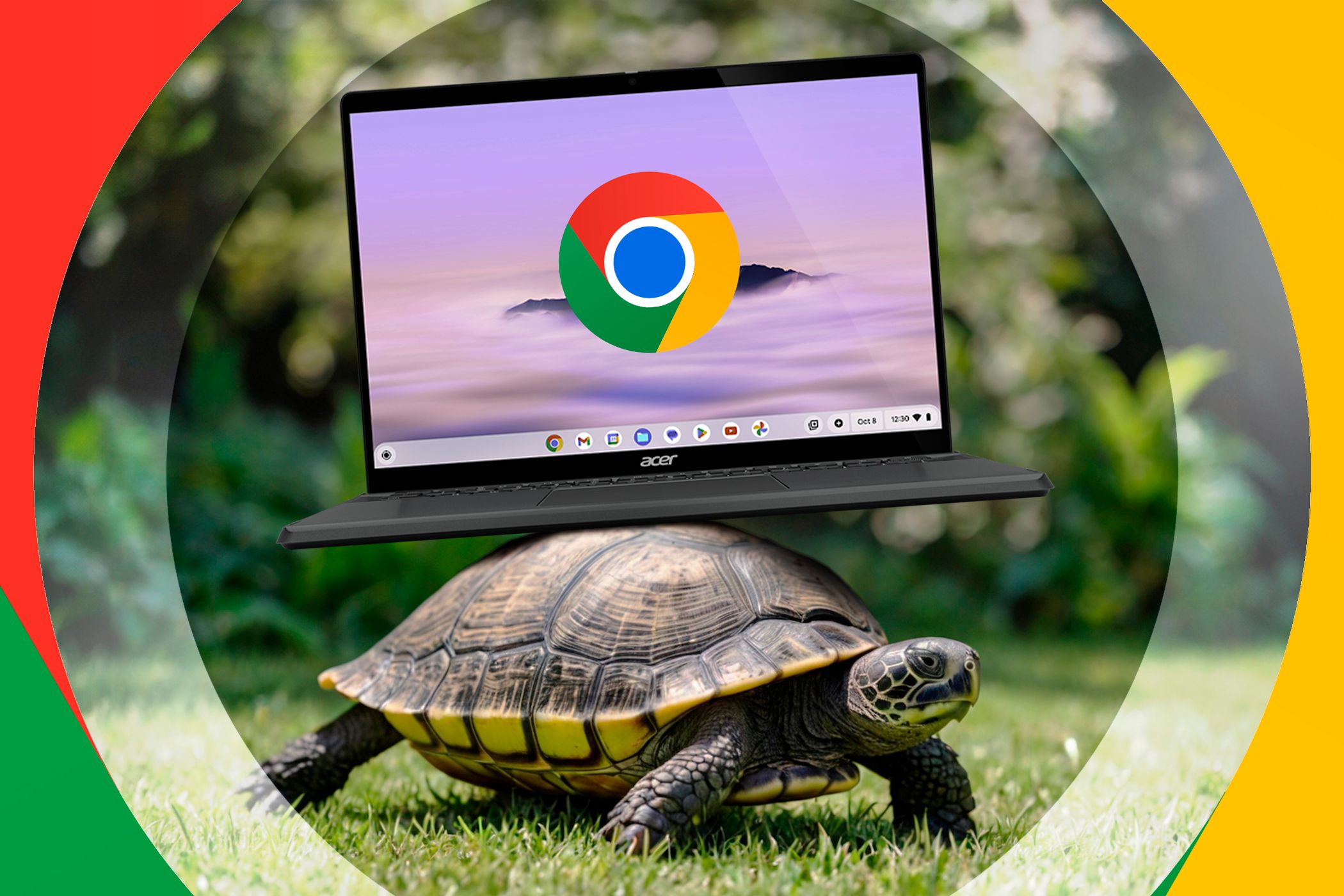
Summary
- A reader looks at ways to make Google Chrome launch and load pages faster, and finds six settings adjustments that achieve this.
- The first is to enable web page preloading, where Chrome predicts which pages a user might visit and starts loading them in the background.
- Another is to configure start-up behaviour, so that the pages that are regularly visited are automatically opened.
- Disabling energy saver mode, which slows down CPU-intensive tasks, can also speed up performance.
- GPU rasterization, where image and objects are converted into pixels, can be handled by the graphics card, freeing up the CPU.
- Reducing the number of extensions used also speeds up Chrome, because fewer processes are running in the background.
- Finally, turning off automatic proxy detection can also solve loading delays.
By Pankil Shah
Original Article
